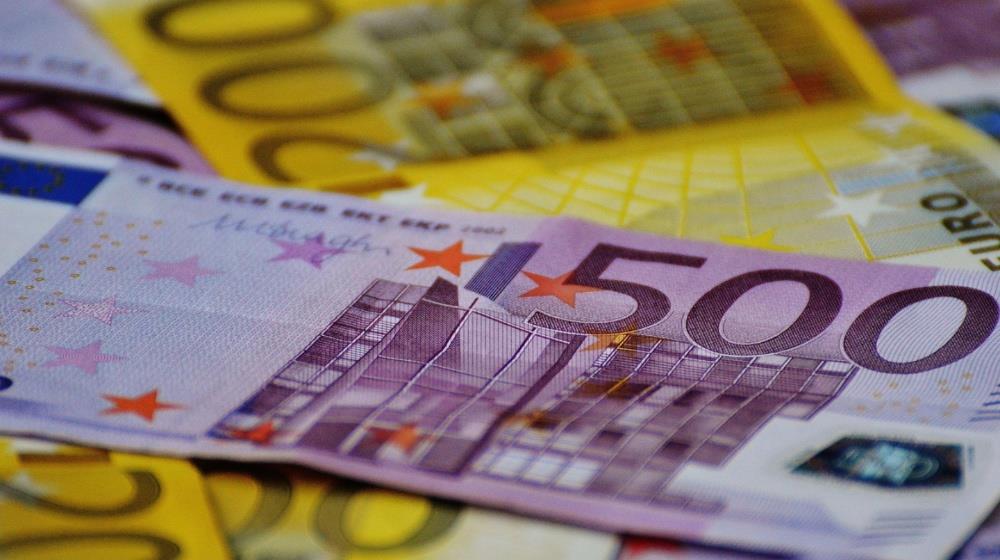Development spending under the Cyprus state budget reached 24% in the first half of 2025, according to figures published by the Treasury of the Republic.
This marks an improvement compared to 22% during the same period last year and is above the 10-year average of 21%.
The total amount allocated for development expenditures in 2025 is €1.55 billion. By the end of June, €370.8 million had been spent, compared to €323.5 million in the first half of 2024.
According to the Treasury’s report titled 'State Budget Execution, January–June 2025,' total state revenues stood at €4.23 billion, amounting to 36% of the full-year forecast, while expenditures reached €4.51 billion or 35% of the budget. Both figures represent a decrease compared to the same period in 2024, when revenue execution stood at 43% and expenditure execution at 42%.
The decline in revenue execution was mainly attributed to a sharp drop in loan withdrawals, which fell to €10 million in the first half of 2025 from €1.03 billion in 2024. The drop in spending was largely due to reduced debt repayments and interest payments, which totaled €510 million, down from €1.84 billion last year.
Despite the mid-year decreases, the 2025 state budget projects a 4% increase in annual revenues to €11.75 billion and a 5% reduction in expenditures to €12.95 billion. The rise in revenues is mainly due to higher direct and indirect tax income, while the reduction in expenses reflects lower debt servicing costs and an increase in social benefits.
In detail, indirect tax revenues rose by €80 million (4%) compared to the same period last year, driven by increased VAT and consumption tax receipts. Direct tax revenues rose by €180 million (13%), mainly due to a rise in income tax collection from both individuals and corporations.
On the spending side, public sector salaries, pensions, and gratuities rose by 7%, reaching €1.63 billion. Social benefit payments totalled €910 million, slightly up from last year, driven by increased spending on healthcare, despite a reduction in welfare payments.
Capital expenditure reached €148.3 million by mid-year, with the largest amounts spent on road infrastructure (€40.9 million), government buildings, schools, water and sewage systems, and land acquisitions. Another €92 million was spent on co-funded projects, including subsidies for early childhood care, home energy upgrades, and entrepreneurship support.
Grants to universities and research institutions reached €89.2 million, while social benefit programmes, including scholarships, cultural initiatives, and housing assistance, accounted for €30.5 million.
(Source: CNA)









